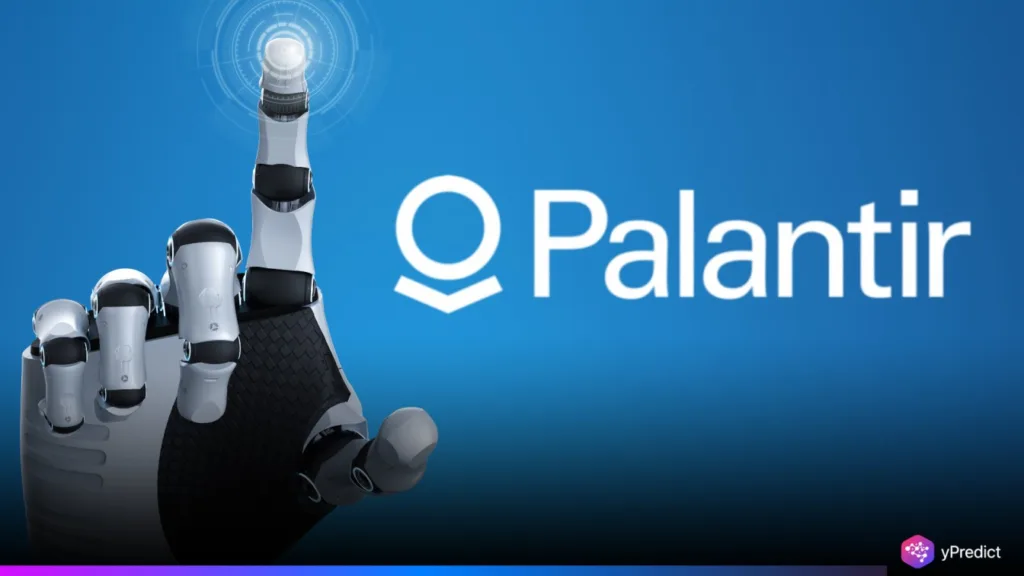
Palantir Technologies is coming up as an important player in the AI space. Piper Sandler’s latest “overweight” rating indicates a lot of belief in the market for the company’s burgeoning artificial intelligence capabilities. Historically known for its role with intelligence community agencies, Palantir AI now sits at the center of innovation for privatized commercialization or government-style improvements. In 2024, it will have $5.7 billion in government contracts that give Palantir AI substantial traction to become an important AI platform provider. While creating important data integration, Palantir is not only speeding the way towards more AI, but it is also increasing concerns about controlling data in a quickly moving economy.
Piper Sandler’s Endorsement Fuels Market Optimism
Piper Sandler’s upgrade indicates faith in Palantir AI’s role in changing the way institutions implement artificial intelligence. The firm’s endorsement follows strong government partnership relationships and continued significant AI-based product launches. Investors were excited about Piper Sandler’s report, which sent the stock higher on a renewed sense of faith in Palmer’s long-term AI strategy. One of the advantages that analysts cited for Palantir is its ability to turn complicated data into intelligence that can lead to action. The firm’s latest contracts and commercial ventures are thoroughly consistent with the overall AI wave. With Wall Street warming up, Palantir continues to distance itself from its surveillance-era image and reposition itself as a trusted AI backbone for institutions.
Government Contracts Cement AI Expansion
In 2024 alone, Palantir secured over $5.7 billion of signed government contracts—its largest annual total yet. These contracts include significant contributions to defense, public health, and homeland security initiatives. The federal government is increasingly finding use cases for Palantir’s AI in each large-scale data set and to support routine decision-making processes. These contracts are indicative of the evolution of Palantir from a data surveillance partner to an AI infrastructure partner in order to support policy decisions. The government’s utilization of Palantir as an enabler demonstrates the increasing reliance on and role of AI from “business as usual” to a new iteration of AI deployment as a strategy, not merely a tool.
Data Dominance Sparks Ethical Debate
Palantir’s rapid AI expansion has triggered growing concern over data dominance. As the company embeds itself yet deeper into governments and corporations, it is accumulating power over sensitive data. Palantir’s almost universal, cross-sector reach places it directly in that discussion. While clients trust the technologies of Palantir, there are those calling into question the potential implications of just one firm. This means having control over such an enormous and sensitive quantity of data. Palantir AI’s capability to bring together so many disparate types of data.
Commercial Growth Expands AI Influence
Palantir AI isn’t just thriving on government contracts; it’s gaining traction across major industries. Its Foundry and Gotham platforms are now embedded in healthcare, energy, and finance operations. These tools help companies unlock value from complex data environments in real time. The company’s presence in the private sector has grown quietly but steadily, giving it influence far beyond the public eye. As it scales, Palantir tightens its grip on enterprise-level AI adoption.
Palantir AI stands at a critical inflection point. It has earned Wall Street’s trust, secured record-breaking government contracts, and expanded into commercial sectors. The company’s data integration skills and predictive intelligence solutions continue to drive adoption. Palantir’s emergence as a larger and larger player in the AI ecosystem. This has begun to raise concerns about data ownership and the ethics of its governance.






